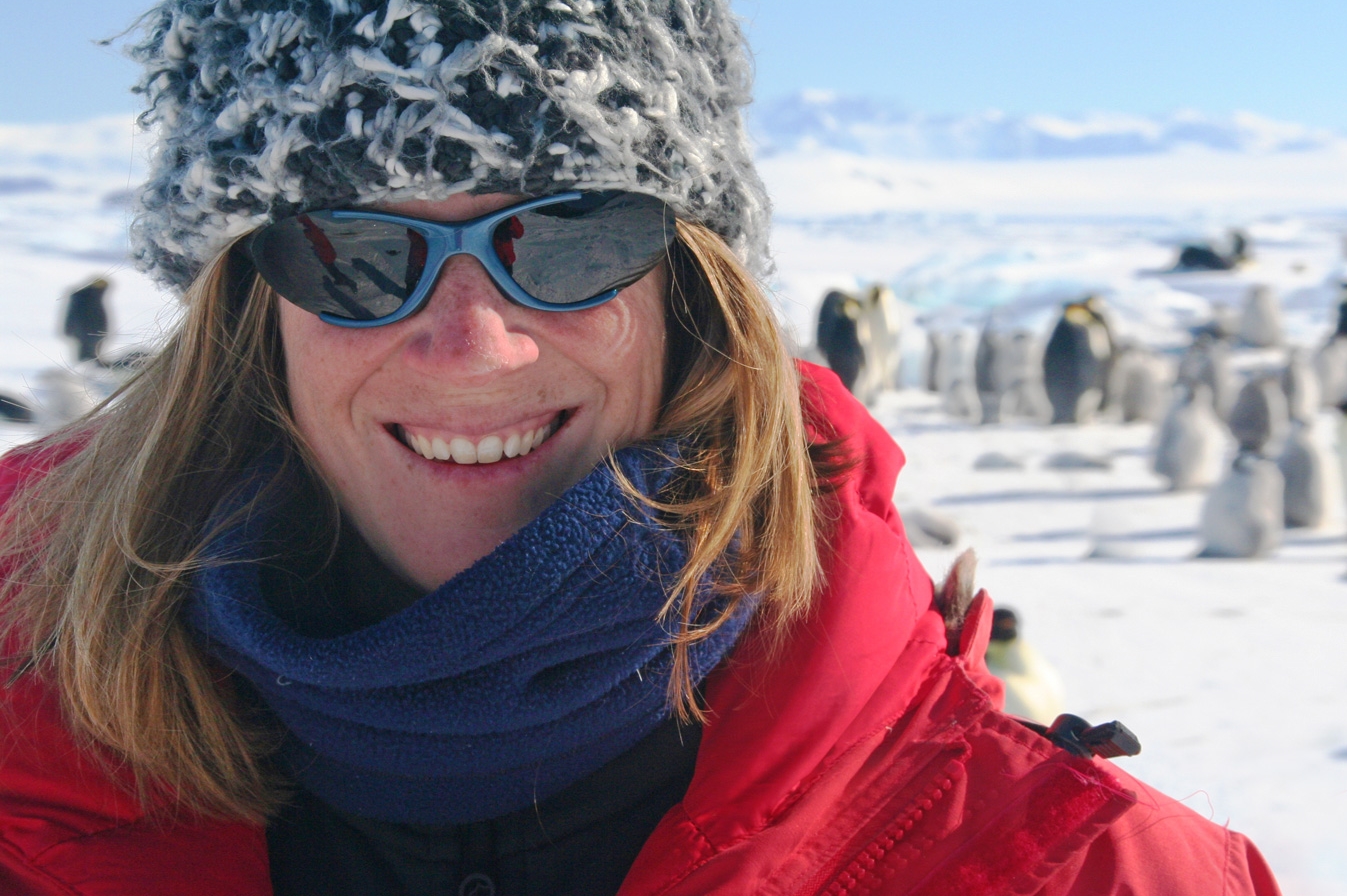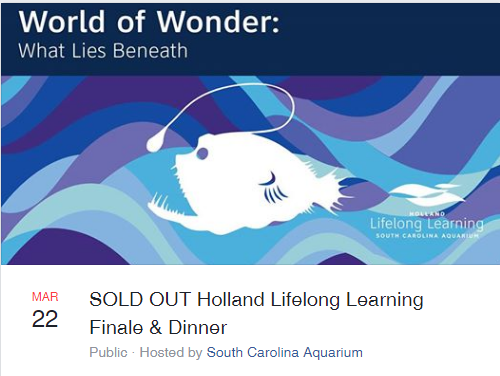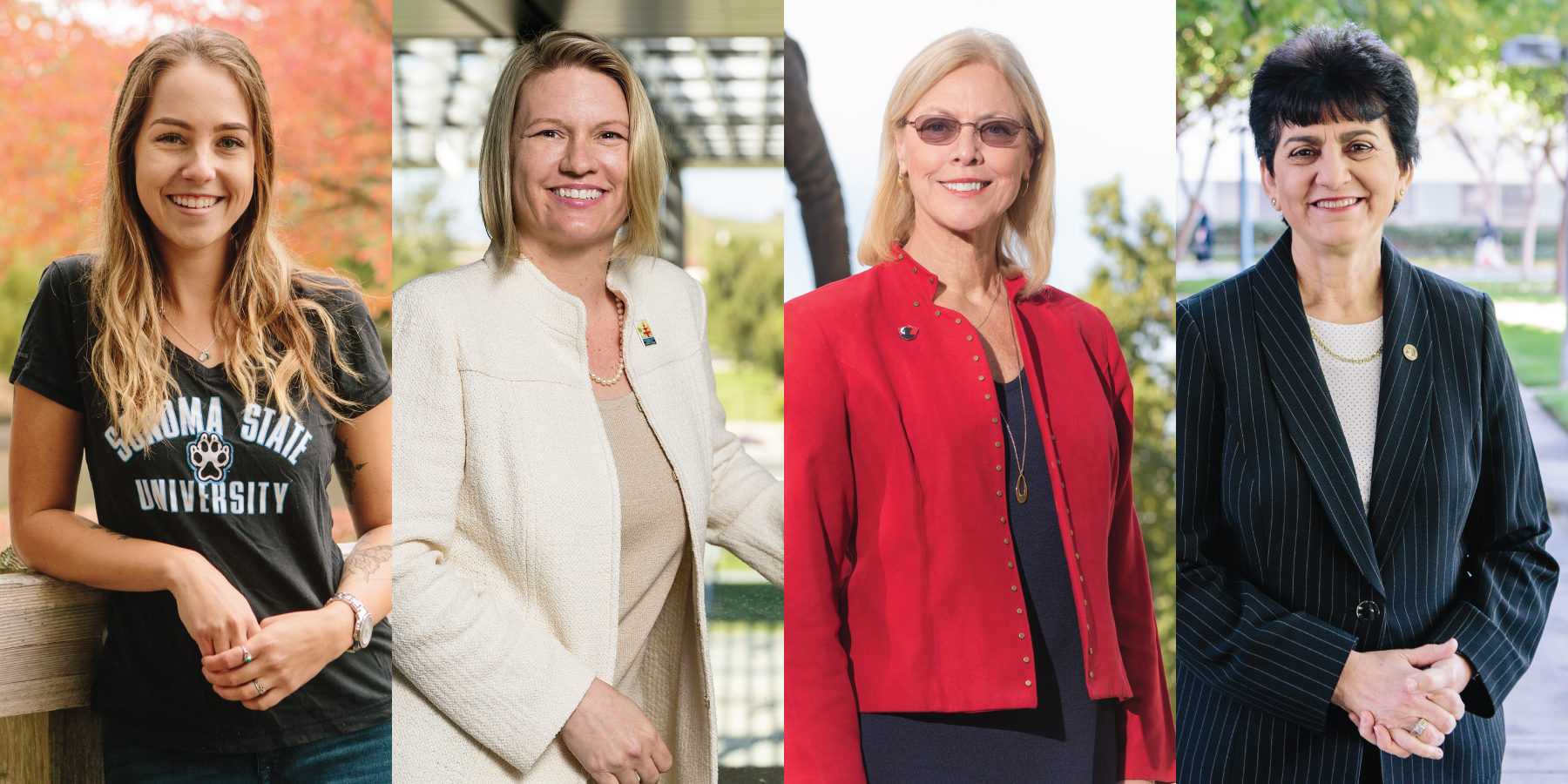Ross Clark, director of the Central Coast Wetlands Group at Moss Landing Marine Labs and regular contributor the the Santa Cruz Sentinel, has a new article out! For this piece, Mr. Clark highlights MLML scientists, aiming to reduce methane emissions through aquaculture. Read more here.
Excerpt
Scientists at Moss Landing Marine Labs aquaculture center hope recently initiated research will have the potential to revitalize the dairy industry while simultaneously propelling the algal aquaculture industry and simultaneously reducing U.S. dairies carbon emissions. Recent research has shown that changes in feeding strategies, such as supplemental seaweed feed additives (used at 1-2 percent of feed material) can reduce methane production from cattle by up to 99 percent.
Current success in reducing methane has been through the use of a warm water non-native algae species added to the feed. Moss Landing scientists are hoping to identify local species that can perform the same function and can be grown locally without risk of introducing invasive species to our marine environment.




